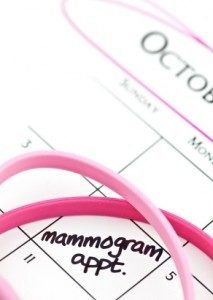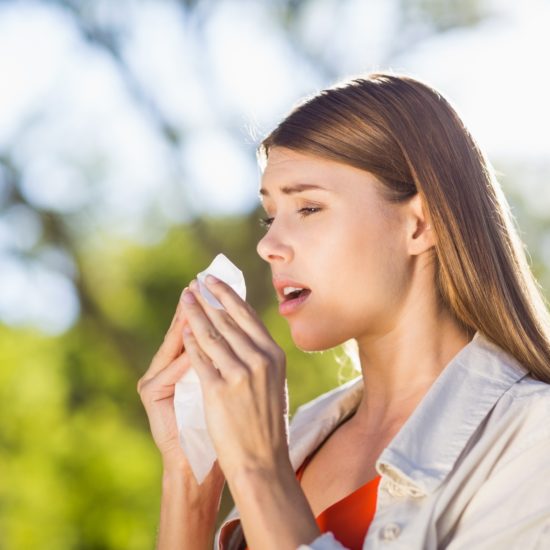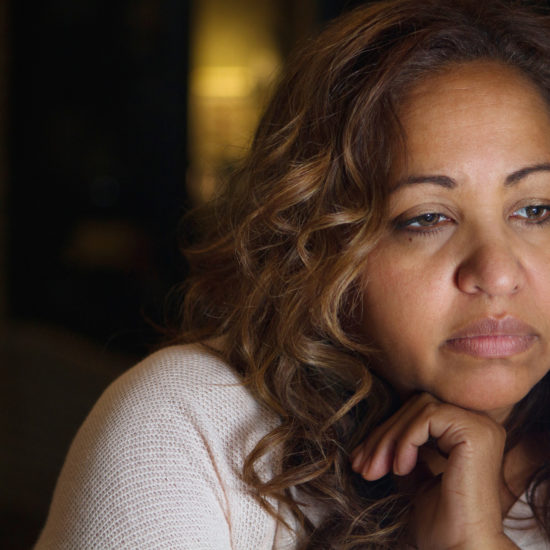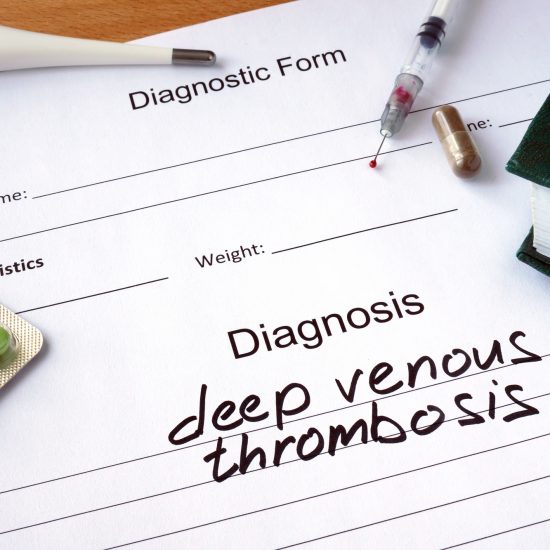Breast Cancer Prevention: The Responsibility is Yours
 There has been recent controversy surrounding breast cancer screening in Canada, as the Canadian Task Force on Preventative Health advised some provinces to stop screening women between ages 40 and 49. This age group is labeled as younger patients; it has been found that screening these younger patients does not prevent any deaths. In response to this recommendation, many female doctors have approached the media to refute the Task Force’s evidence and argue that early screening does prevent deaths. With breast cancer being so prominently featured in the news, it is important to remind readers about how one becomes prone to this devastating disease, as well as promote breast cancer prevention and awareness.
There has been recent controversy surrounding breast cancer screening in Canada, as the Canadian Task Force on Preventative Health advised some provinces to stop screening women between ages 40 and 49. This age group is labeled as younger patients; it has been found that screening these younger patients does not prevent any deaths. In response to this recommendation, many female doctors have approached the media to refute the Task Force’s evidence and argue that early screening does prevent deaths. With breast cancer being so prominently featured in the news, it is important to remind readers about how one becomes prone to this devastating disease, as well as promote breast cancer prevention and awareness.
A new study clarifies environmental breast cancer risk factors. While genetic effects have long been a known cause of breast cancer, and it has been acknowledged that some environmental factors do pose a risk, it is unclear as to which environmental factors can be confirmed to cause breast cancer. The study was alarming because it concluded that the medical community has done a better job with treatment than breast cancer prevention. The report divided risk factors into several categories: those that definitely resulted in breast cancer, those factors that did not contribute to breast cancer, those that probably contributed to breast cancer, and those that possibly contributed to breast cancer.
• Definite high-risk factors contributing to breast cancer include breast cancer hormone therapy combining estrogen and progestin, excess weight after menopause, alcohol consumption, and radiation test, particularly those taken as a child.
• Risk factors that did not contribute to a breast cancer diagnosis include hair dyes and radiation from cell phones, microwaves, and electronic gadgets.
• Another way to decrease the risk of breast cancer is to quit smoking.
• Possible breast cancer risk factors include second-hand smoke, working the nighttime shift, and exposure to benzene.
With all of the above in mind, it is important you take the necessary preventative measures to avoid this deadly disease. This may mean making drastic changes to your lifestyle, including something as fundamental as your work schedule. But what’s more important: your work or your health? Breast Cancer Prevention: with younger patients now being excluded from breast cancer screening, it will become more of individual responsibility to take action for your health.
Also Read
4 Crucial Tips For Taking Medication
Does Cold FX Really Strengthen Your Immune System?
Eye Problems: Symptoms and Causes
Prevent Cancer Risk With Exercise
How Drinking Your Favourite Soda Is Killing You


